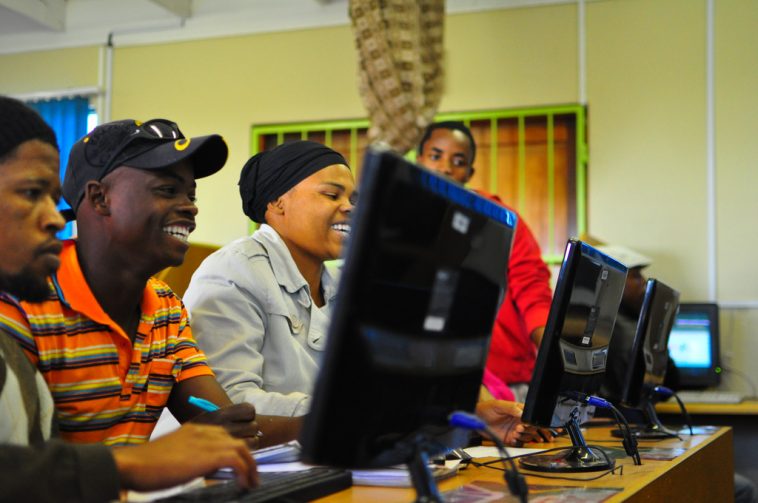The improvement in technology is attracting more global investors into the African market space with a view that the advancement can make the consumer’s needs to be catered for without straining. Going into 2018 there are factors that give hope to the future improvement in the African tech sector.
Logistics
The transport mess that was initially there in the Sub-Saharan countries is currently being put to rest. There are several digital transport industries that are putting up tents in the region to try and close the public transport gap buy sorting out the transport mess.
Uber serves as the key example of those startups that are working on the African transport chaos. The growth of uber transports in more than 15 cities in Africa has sparked competition from the local startups, for example, Taxify is now pitching tents in South Africa, Nigeria, and Kenya. The same zeal is taken to logistics; technology is being used to make transport easier by moving away from the long waiting trucks within Africa.
The Lori Systems is putting up a logistic platform to maximize the usage of trucks while reducing waste and cost. Delivery Science is on the move of helping companies manage and monitor their distribution assets across the region with the people, customers and products all included.
AgroCenta is at the same time managing logistics for farmers via an online platform.
Financial Services
Digital ways are put up to easier the financial transactions in the continent. Mobile money like M-Pesa in Kenya changed how the banking sector worked in Sub-Saharan Africa reducing the number of the unbanked population within the region. Despite the fact that many European nations are complaining about lack of technological improvements in the banking sector, some Sub-Saharan African countries are celebrating the improvement in the financial sector.
However, the number of the unbanked people in Africa is still very high, and it calls for the maximum utilization of the growing digital space and reduces the number by a big margin.
Energy
Energy and technology work hard in hard without energy technology will be insignificant and vice versa. Technology has helped in improving the efficiency of various energy companies like gas and oil and power companies in the past years as prices went up and competition increased in several markets. It has been noted that technology-enabled power energy is on the forefront in creating and sustaining power resources in the Sub-saharan Africa region.
For example, M-Kopa managed to get roughly $80 million from investors including Norfund, Stanbic Bank, CDC and much more to fund its expansion in its pay-as-you-go (PAYG) home solar energy system.
Education
Basic education has been given priority by most of the Sub-Saharan governments. However, there is a good number of those who are not attending school in the region for instance according to United Nations Educational, Scientific and Cultural Organization (UNESCO), 32 million children of primary-school age and more than 25 million adolescents are not in school.
The introduction of iPhones and laptops in schools has changed how both the learners and teachers view studies. Generally how schools are run has changed for the best. The issue of misappropriation s of funds and poor keeping of schools record are no longer issues to be worried about by various stakeholders.
Government records
This is the only place that still has got hitches. Some Sub-Saharan Africa governments have a problem when it comes to overseeing the collection and management of tax with a number of transactions carried out by paper. However, digitalization is not the only remedy for the problem bu accurate accounting, budgeting, and other necessary functions a preference to some entrepreneurs.



